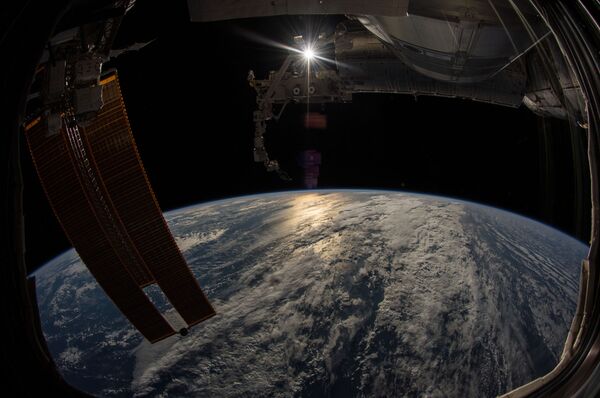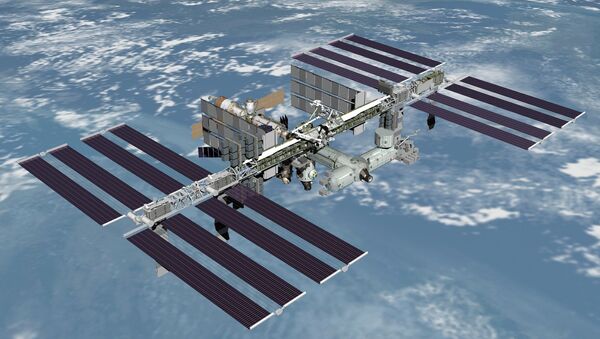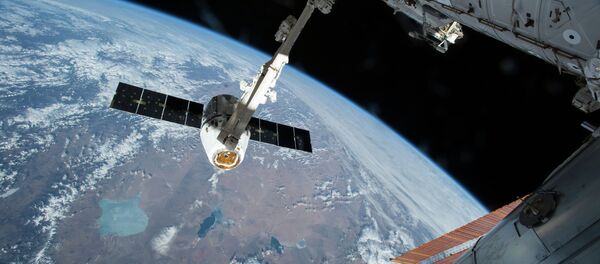"The long life of the ISS illustrates the necessity of permanently orbiting technology for humankind, and the potential for further space exploration," said Maksim Matyushin, head of Roscosmos's Mission Control Center.
"The ISS has become a shining example of genuine and effective international cooperation, combining different engineering cultures, demonstrating the need for international technical cooperation to implement truly ground-breaking projects which are fundamental for the whole of civilization."
Construction of the space station's first module began in 1994 at the Khrunichev State Research and Production Space in Moscow, under a subcontract to Boeing for NASA.

The space station has been visited by more than 100 vehicles, and has been continuously manned since November 2000; 222 people from 15 different countries have spent time there.


The mission aimed to gain new insights into how the human body adjusts to the weightlessness, isolation, radiation and stress of long duration spaceflight in anticipation of future missions to Mars and beyond.


